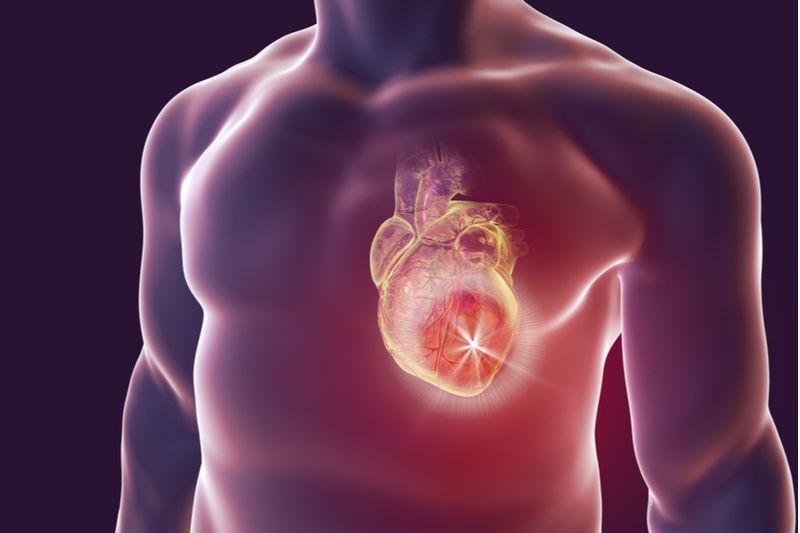Newsletter Signup - Under Article / In Page
"*" indicates required fields
Researchers in Japan may have found a way to repair cardiac damage in patients suffering from chronic heart attack and heart failure.
In a study published in Circulation, researchers from the University of Tsukuba have revealed that changing heart cell programming by tweaking the expression of a few key genes can actually reverse the lasting damage caused by heart attacks.
Adult heart cells have very limited ability to form new heart tissue, so when the heart muscle is damaged by a heart attack, the damaged areas are filled in with inflexible scar tissue. The presence of scar tissue impairs heart function and leads to arrhythmias, progressive heart failure and eventual death.
“Previous studies have shown that reprogramming cardiac fibroblasts (CFs), the cell type that generates scar tissue, into cardiomyocytes (CMs), or normal heart muscle cells, can improve cardiac function in the context of acute myocardial infarction,” said Masaki Ieda, the senior author of the study.
“However, it was unclear whether cardiac reprogramming could restore function in a damaged heart with established scars.”
Inducing heart attacks
To explore this possibility, the researchers created a mouse model in which treatment with a medication called tamoxifen would activate the overexpression of cardiac transcription factors, including a gene called Mef2c/Gata4/Tbx5/Hand2(MGTH), to reprogram CFs into CMs. They then induced heart attacks in the mice and, one month later, treated the mice with tamoxifen to activate the cell-type change and determine its effect on the heart.
“The results were very clear,” Ieda said.
“In these mice, cardiac reprogramming converted around 2% of resident CFs into CMs, significantly improved myocardial contraction, and reduced fibrosis.”
Detailed genetic analysis showed that overexpression of MGTH activated the rebuilding of heart muscle and suppressed scar tissue formation and inflammation. Importantly, this approach not only prevented the formation of additional scar tissue, but also reversed the formation of established scar tissue.
“Our findings show that cardiac reprogramming can repair the lasting damage caused by heart attack by regenerating heart muscle and reducing harmful fibrosis,” Ieda said.
Given that there are few effective clinical therapies available for patients who have experienced a heart attack, this direct cardiac reprogramming approach could be a promising new treatment. Regenerating heart tissue and reversing scarring could not only improve heart function in these patients, but also decrease the risk of death from heart failure. These results open a promising avenue of research to actualize this treatment for patients.
Partnering 2030: The Biotech Perspective 2023







